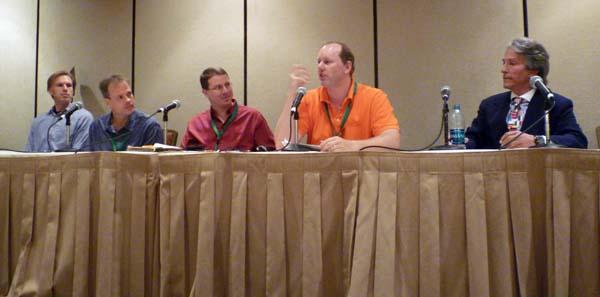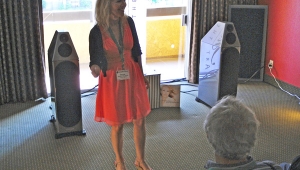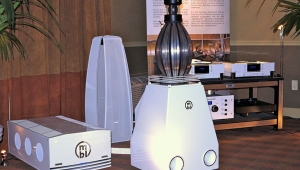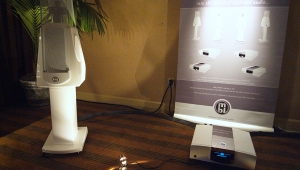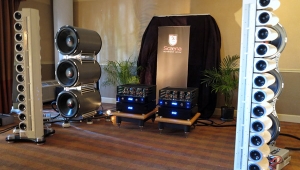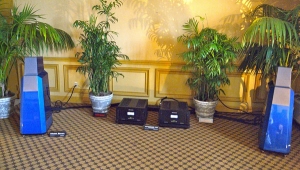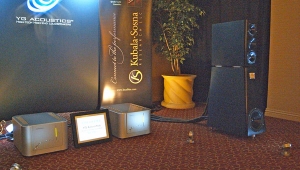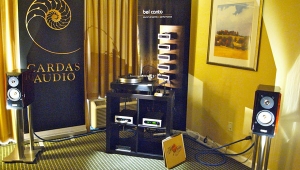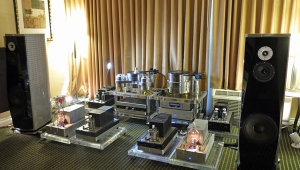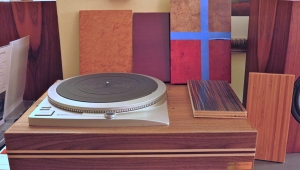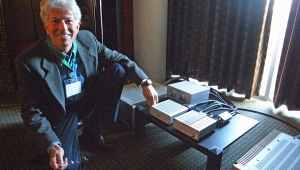| Columns Retired Columns & Blogs |
Thank you Stephen for such a fantastic write up. You obviously take very good notes! In fact, I think you had *almost* as much fun attending as I did moderating. Too bad you missed my 21st Century Speaker Design panel on Saturday with Richard Vandersteen, Andrew Jones and Kevin Voecks. All of my panelists were gracious with their time and in sharing their thoughts so willingly. I can't wait till next year. - Pete -
